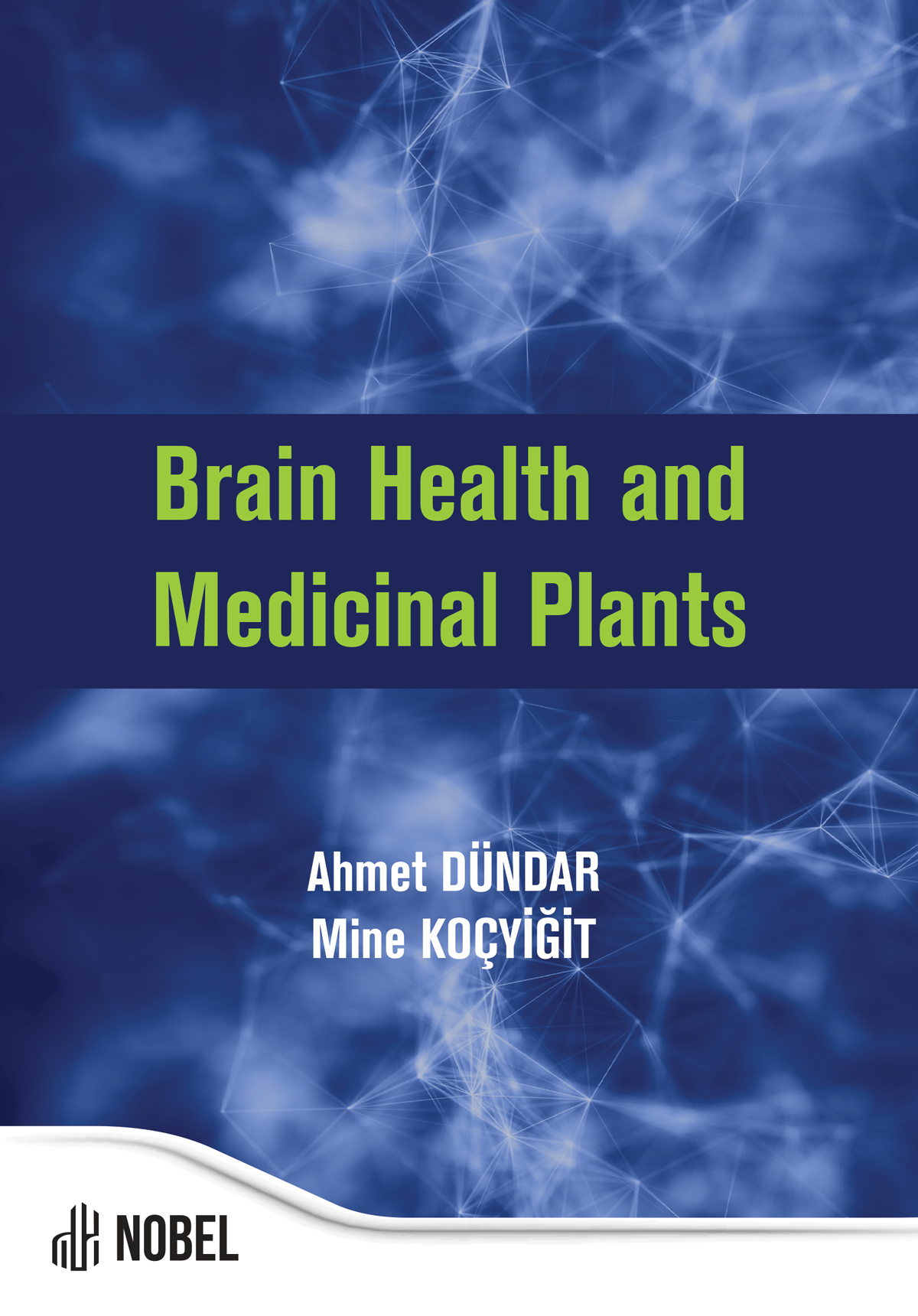Phytotherapeutics for Alzheimer’s Disease
No contributors found.
Release Date: 2024-05-31
Dementia brought on by Alzheimer’s disease (AD), a neurodegenerative condition marked by memory loss and cognitive impairment, is the result of AD. Individual differences exist in the degree of dementia and, consequently, the time at which it manifests. populations, influenced by both environmental and genetic variables. The effectiveness of treatment for AD and other neurodegenerative diseases [...]

